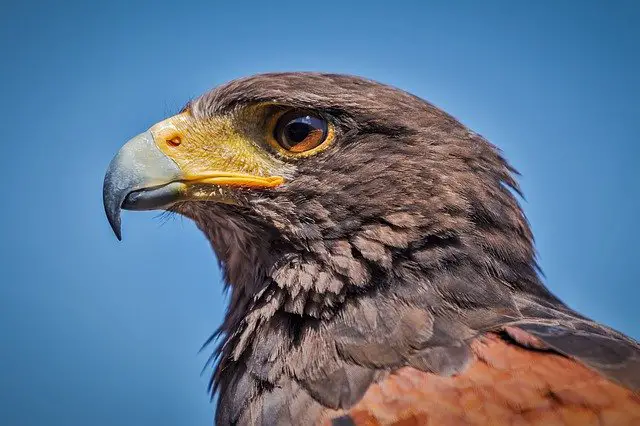Hawkish is a term used for monetary policymakers at central banks and advisors to government leaders who are in favor of raising interest rates as a tool for lowering inflation when interest rates are low. A hawk can also be anyone who wants to keep interest rates high after they have already been raised. A hawk’s number one concern is the rise in the cost of goods and devaluation of a currency due to easy money policies for an extended period of time. A hawk sees the dangers of inflation and believes fighting it should be the top priority.
Dovish policy makers are the opposite of a hawk and want to keep accommodative monetary policy in place to help expand economic activity, grow the economy, create market liquidity, hold up asset prices, and keep unemployment low. Doves are not concerned with inflation and if it does rise they believe it’s transitory.
Monetary policy makers can change from hawkish to dovish based on what they see in the trend of economic numbers and what they perceive is their top mandate and danger to the economy at any given time.
